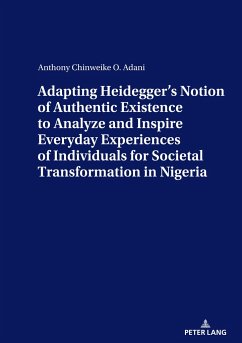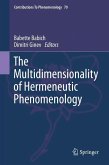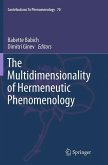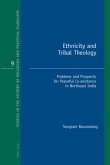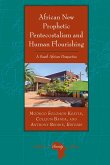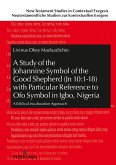This research work examines Heidegger's (1889-1976) contention that phenomenology can inspire, illuminate, motivate, reinforce and guide (human) individual's actions. It achieves this by adapting Heidegger's phenomenological approach to analyze and interpret representative everyday factical experiences of nepotism, selfishness and mass mentality in the (Nigerian) society. Doing this helps to ascertain whether these experiences have any phenomenological link with inauthenticity. Also, it provides a close reading and interpretation of Heidegger's treatment of authentic existence, and explores the possibility of complimenting it with the phenomenology of Commensality, as a mode of care and a way to authenticity. In this manner, it strategically explores possible ways of inspiring individual Daseins to authenticity, and with it engendering a positive transformation of the (Nigerian) society. Presenting and elaborating the phenomenology of Commensality, the work highlights the relationship and the differences between the phenomenology of Commensality and the ontical or sociological understanding of commensality as obtained in African traditional societies. Phenomenology of Commensality argues for the 'renaissance' of Commensality, concretely expressed as Onyenkeanyi, and not just for its 'revival'. The research work further develops the phenomenology of education for Commensality, discussing the possible content and focus of its curriculum, while differentiating it from ethics. The proper implementation of phenomenology of education for Commensality could inspire and illuminate individual Daseins to authenticity, and thereby becomes an improvement strategy for the positive transformation of the (Nigerian) society. As a phenomenology, it is appropriate that the people and places analyzed take on a definite character, which is why the Nigerian society is used. However, it is expected that the implications of the findings presented here will be general and accurate enough to allow application to any number of similar situations.

